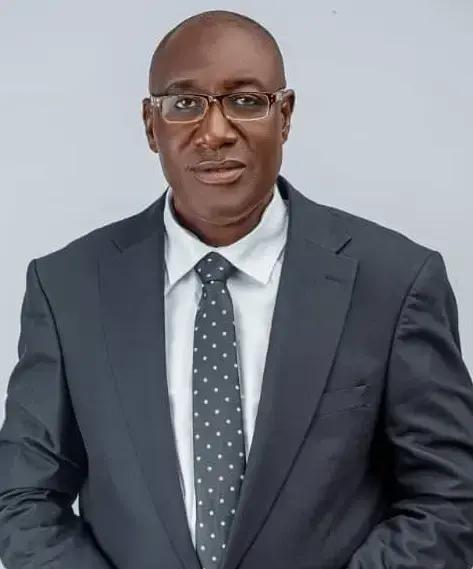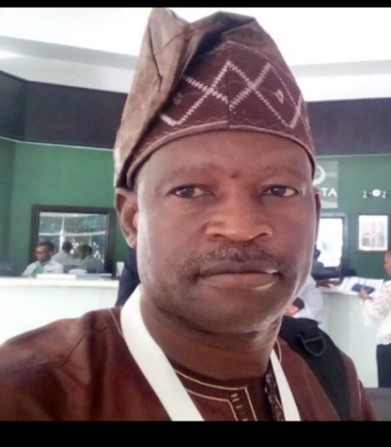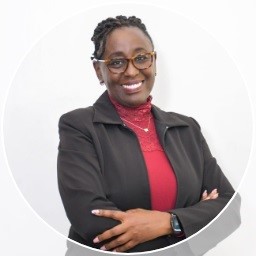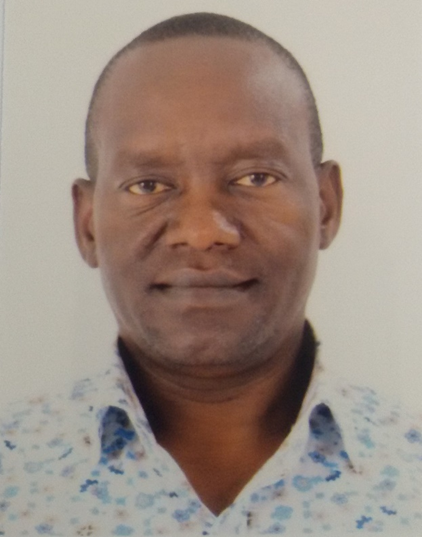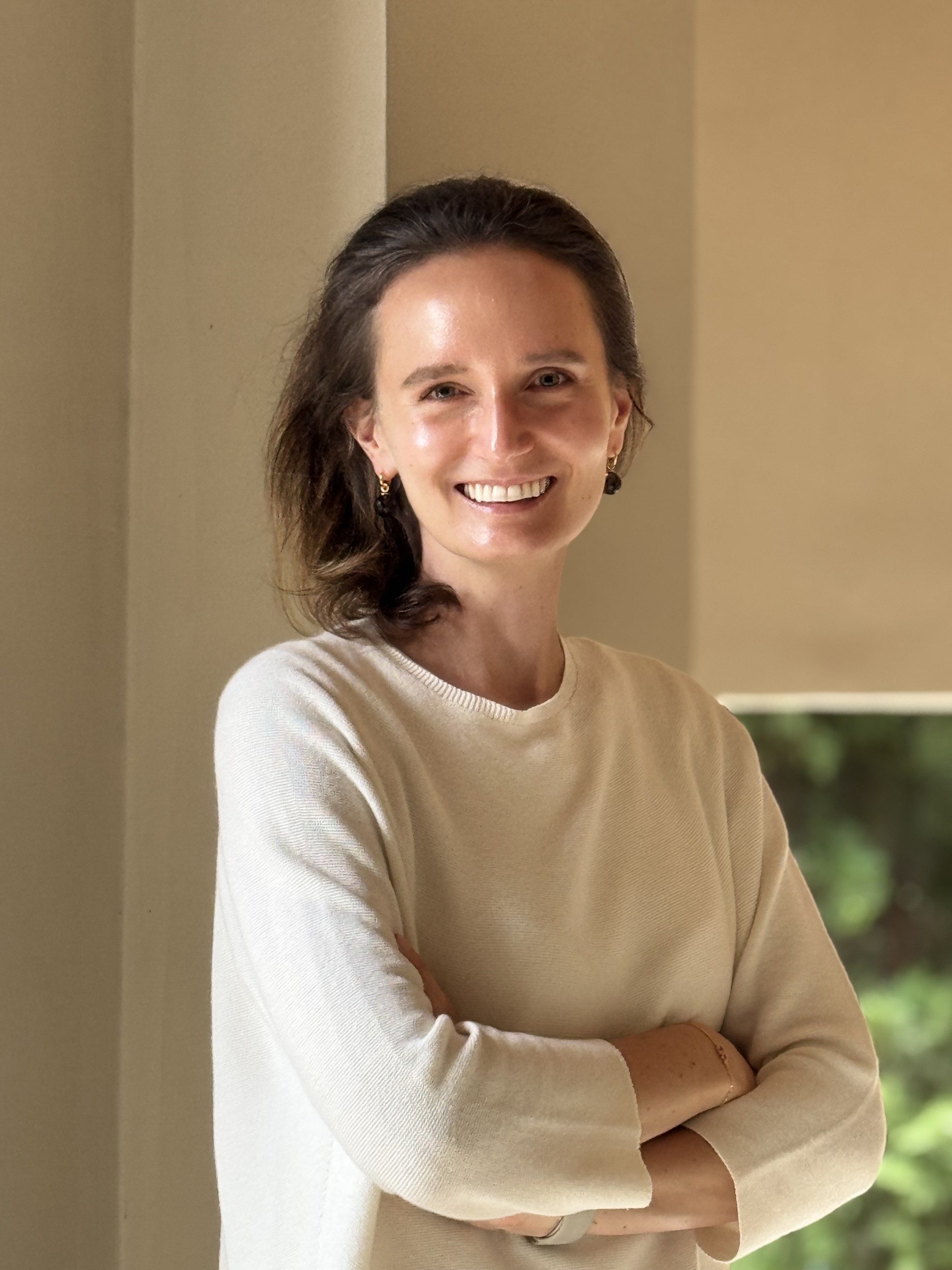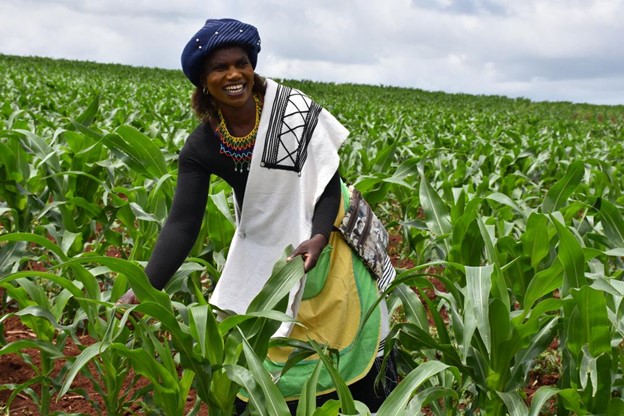
(Nairobi, Kenya, May 2024)- A comprehensive study conducted in Northern Nigeria by AATF, and partners has highlighted the glaring gender disparities among maize farmers particularly on the rate of adoption of agricultural technologies.
The study titled Assessment of Existing Gaps among Genders in Maize Value-Chain in Northern Nigeria shows that male-led households are more likely to use better-performing seed varieties, and mechanized agriculture and often have access to fertilizer compared to women-led households. It was published in the International Journal of Agriculture and Technology.
It also shows that more male than female and youth maize farmers benefit from the superior education and technologies that are available for profitable maize production thereby achieving higher yields compared to women and youth.
For example, the study found out that an average of 39 percent of male respondents and 47 percent of interviewed female farmers use farmer-saved seed for planting while 43 percent of male and 26 percent of female farmers patronize agro-dealers for seeds.
Similar figures were reported on the manner in which farmers in the region applied fertilizer both at the planting level as well as in top-dressing with more men having access to the inputs compared to women and the youth, denying these demographics a chance to boost their farm production.
Social cultural and religious orientations of the people in northern Nigeria often place on women that exclude them from showing up for public engagements. These restrictions also exclude them from benefiting sufficiently from various programs and interventions that were designed to empower them and guarantee equitable access to productive resources together with their male counterparts.
According to the lead researcher, Dr. Moses Adeolu Adebayo of the Department of Crop and Animal Science at Ajayi Crowther University in Nigeria, the critical importance of addressing these disparities is to enhance agricultural productivity and livelihoods for all farmers in northern Nigeria.
“Our findings underscore the urgent need for interventions that promote the equitable adoption of modern farming technologies,” said Dr. Adebayo.
Some of the interventions recommended by the study team include the creation of awareness through traditional rulers and religious leaders on the need to give women opportunities to participate actively in the maize production value chain and the rolling out of mechanization programs that enable women to have the same opportunity of managing their maize production using machines.
A total of 450 farmers across five northern states (Adamawa, Kaduna, Nasarawa, Niger and Taraba) were surveyed. Interestingly, it was found that maize farming is predominantly male-dominated, with over 82 percent of household farms being headed by males. In contrast, female-headed farms accounted for only 6-18 percent of the sampled households. Furthermore, the proportion of youth engaged in maize farming was relatively low, ranging from 11 to 16 percent.
The study, funded by the TELA Maize Project, is supported by the Bill and Melinda Gates Foundation and the US Agency for International Development (USAID).
########
About AATF (www.aatf-africa.org)
Founded in 2003 to address Africa’s food security prospects through agricultural technology, AATF believes that the agricultural sector is a key foundational pillar as Africa consolidates its economic growth and carves out its new position as a major global economic powerhouse and the next growth market in the world. It was formed in response to the need for an effective mechanism that would facilitate and support negotiation for technology access and delivery and formation of appropriate partnerships to manage the development and deployment of innovative technologies for use by smallholder farmers in Sub-Saharan Africa.
For more information contact:
George Achia, Communications Officer, East and Southern Africa, AATF; g.achia@aatf-africa.org +254 785334163

